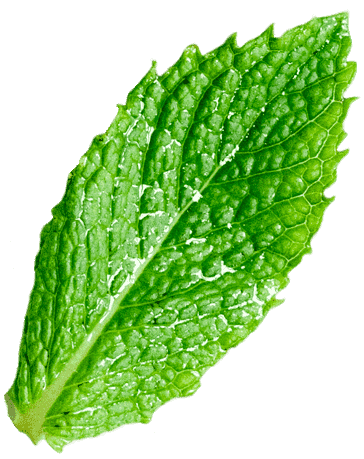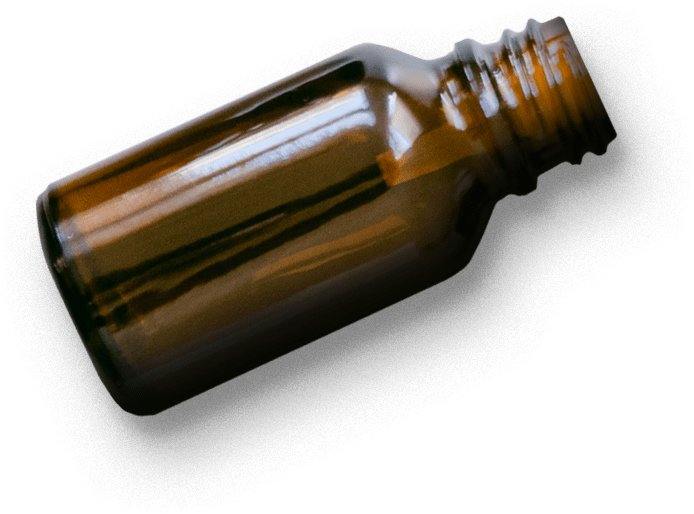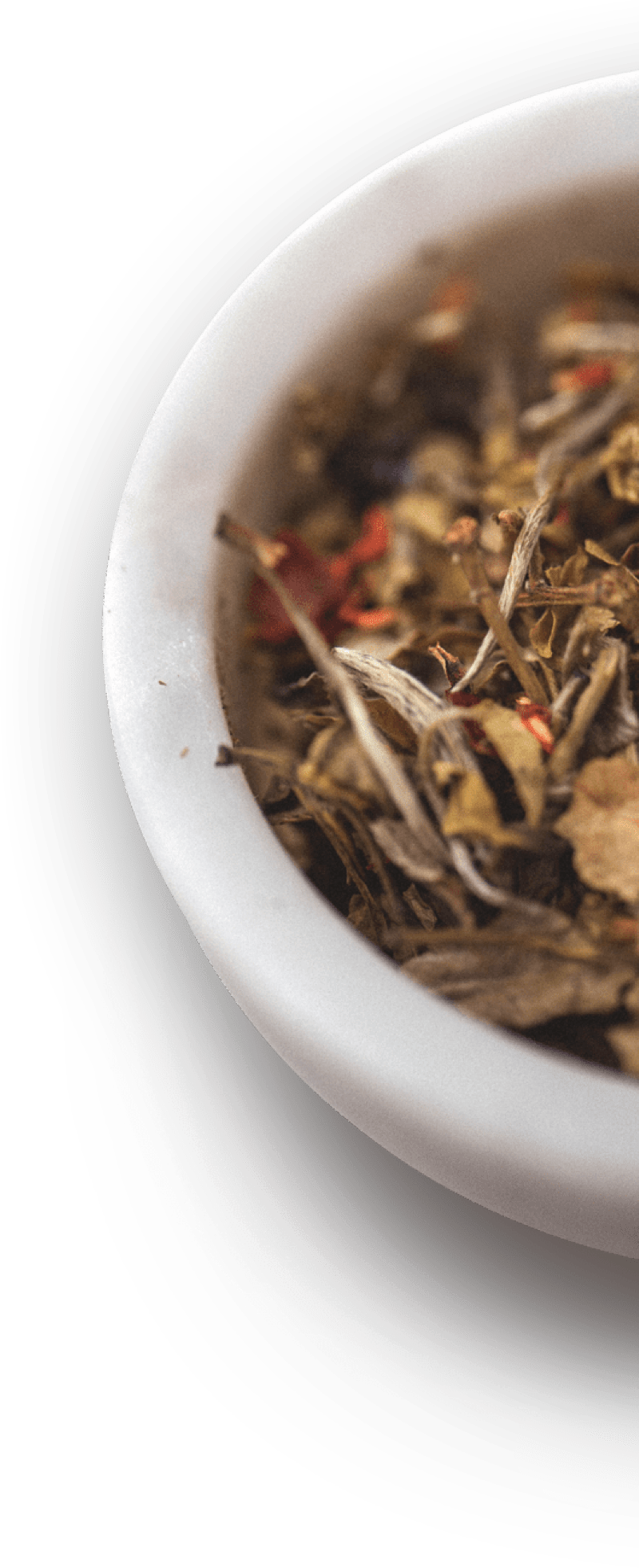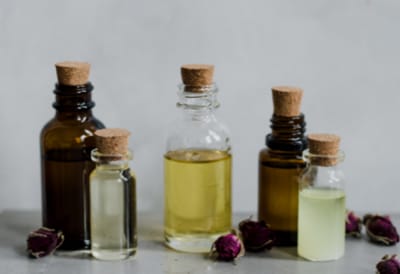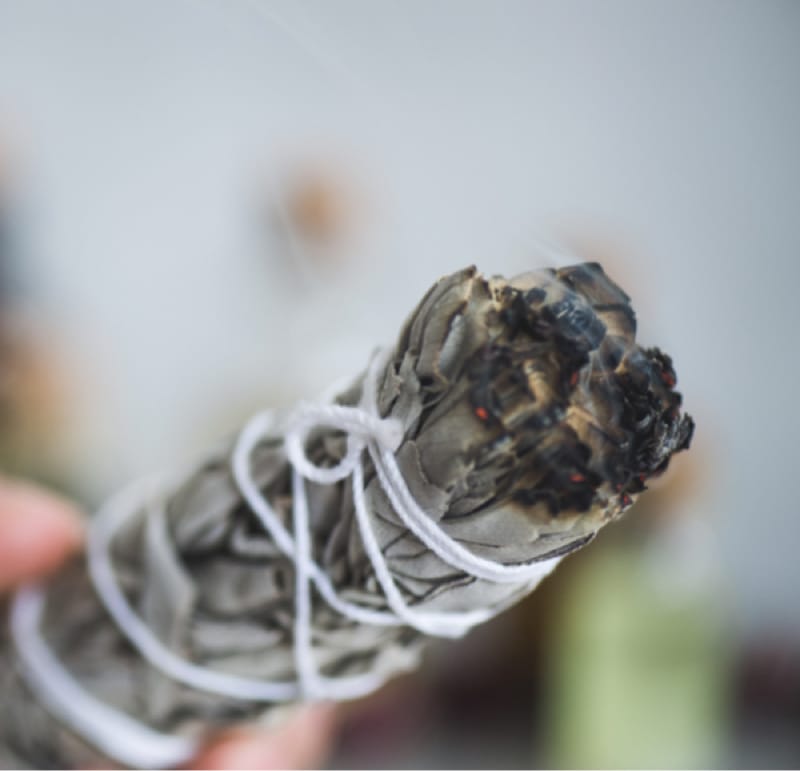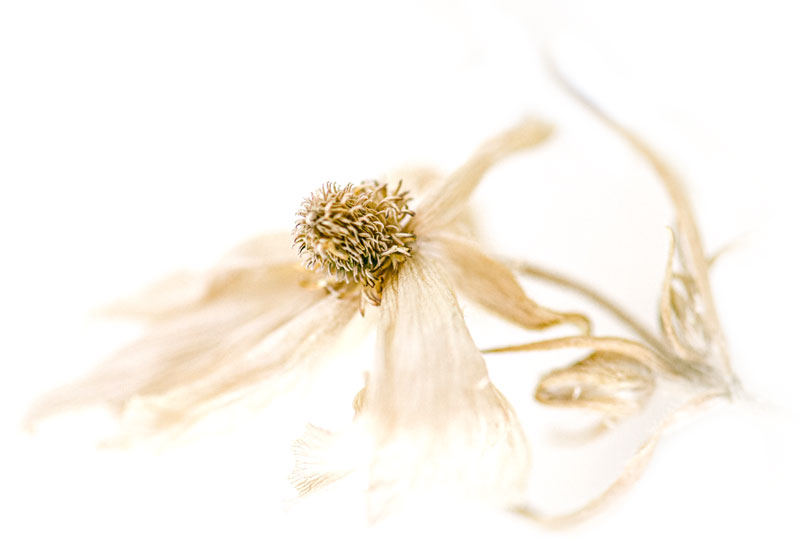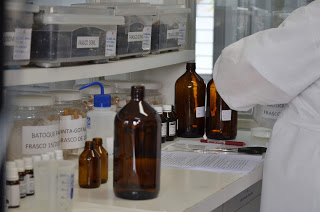THEY WANT TO END THE HOMEOPATHY INDUSTRY AND PROTECT THE ANTIBIOTIC INDUSTRY
Review of Christian J. Becker (HomoeopathieWatchblog.de journalist and blogger) (Updated 24.11.); Note: All references mentioned in the following analysis can be searched online as facts and are listed for the first time in this analysis.
Antibiotics
Antibiotic residues have been detected in several environmental matrices, mainly in waters. The introduction of these compounds into the environment poses a latent risk to aquatic and terrestrial organisms. Although present at trace levels, these compounds are bioaccumulative and may cause resistance in bacterial populations, which may prevent the cure of some diseases.
For this reason, it is essential to develop treatment technologies that are effective in removing such contaminants from aqueous matrices. Agencies responsible for water decontamination in Bavaria, Germany, are demanding 1.2 billion euros from the pharmaceutical industry because the contamination of drinking water with antibiotics.
Pesticide-free
With more and more people demanding “clean”, pesticide-free foods, with increasing numbers of farmers using fewer antibiotics in their dairy cows to avoid wasting 488 million liters of milk annually, the reflection is the declining profits of the conventional pharmaceutical industry. In Bavaria, groups of people set out to reduce antibiotic use in dairy cows and replace them with homeopathy.
Thus, farmers can reduce their spending on medicines and produce healthier, less polluting for the environment and drinking water, and a more easily tradable and consumer-acceptable commodity. The training was so successful with farmers in Bavaria that they learn to treat their cows with homeopathy instead of antibiotics, which are currently training Swiss farmers as well.
The pharmaceutical industry’s response to the demand for money to purge water and the increased consumption of homeopathic products (the turnover of conventional veterinary medicines exceeds 800 million euros) was a worldwide campaign of the skeptical movement against homeopathy.
The money
In 2013, 800 tonnes of fundamental substances for the production of antibiotics in humans were produced in Germany. In 2013, 1450 tonnes of ground substance was produced for the production of animal antibiotics in Germany.
Through animal manure, antibiotics applied in agriculture return to the fields, creating antibiotic-resistant germs, contaminating groundwater and rivers. Farmers learning to run out of antibiotics are also beginning to question other products in the conventional pharmaceutical and chemical industries, such as the crop protection agent, glyphosate, which bears € 4 billion.
Any farmer who uses fewer antibiotics, more homeopathy, and less glyphosate is very expensive for the pharmaceutical industry.
So, there is a movement against homeopathy in Germany. The worldwide movement of skeptics is publicly engaged in a campaign against homeopathy. In Germany, it is organized at GWUP, which in 2015 founded a kind of anti-homeopathy information network.
The network is publicly advocating that homeopathy be eliminated from pharmacies and health insurance companies, research is disrupted and banned at universities. And the anti-homeopathic campaign has been successful.
Some time ago, SPIEGEL revealed that members of the anti-homeopathic network were caught getting paid personally by the pharmaceutical industry. In 2005, the Shang study appeared in the influential Lancet magazine. The meta-study supposedly proved that homeopathy does not work. It was later made public that study director A. Shang was hired a year after the study by pharmaceutical company Roche and is still working for the company today.
The public conflict
It became public that the study criteria were changed retrospectively so that the apparently desired outcome against homeopathy would result. Meanwhile, Lancet partially distanced itself from the study.
Previously there was a similar campaign in the US: in 1900, homeopathy was the standard as conventional medicine in many US university institutes. Then oil billionaire Rockefeller realized that he could make drugs from oil. So, he commissioned a study, the well-known Flexner Report in 1910. This study led many universities to abandon homeopathy.
First, the research died, then education, then homeopathy got farther and farther from the market. This was accompanied by a media campaign. The US campaign in 1910 is very similar to the German campaign of 2018.
What is not yet clearly proven: Which company/association is paying for the campaign against homeopathy? Who pays for this economic thriller? We, the users, know that there is space for everyone, infections that require the use of antibiotics and other situations, such as inflammation, healing, which are well resolved with a natural and less toxic product.
We cannot forget or let homeopathy and other traditional cures die. We users will lose out while a few, as always, will continue to gain at the expense of the people, the maintenance of ecosystems, ultimately the planet.

